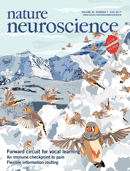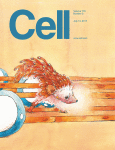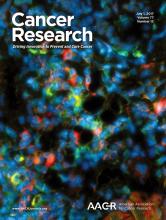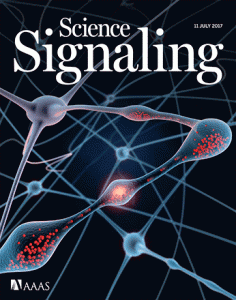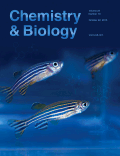 A 2014 paper containing data manipulated by a former graduate student has finally been retracted, two years after the U.S. Office of Research Integrity (ORI) published its findings.
A 2014 paper containing data manipulated by a former graduate student has finally been retracted, two years after the U.S. Office of Research Integrity (ORI) published its findings.
In August 2015, the ORI published a report that Peter Littlefield, who was working on his PhD at the University of California, San Francisco (UCSF), had committed “research misconduct by falsifying and/or fabricating data” in two papers. Littlefield agreed to correct or retract the papers–one published in Chemistry & Biology and the other in Science Signaling.
When we contacted Chemistry & Biology back in August 2015, a spokesperson for Cell Press told us the journal was figuring out “the best way to correct the scientific record.”
Apparently that took two years. In the meantime, the journal did not issue an expression of concern or otherwise notify readers of the issues. Continue reading Why did it take a journal two years to retract a paper after a misconduct finding?
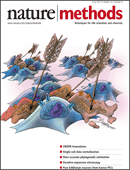

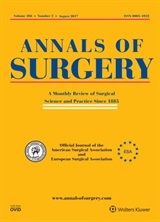 The Annals of Surgery has retracted a paper that used only male pronouns to describe surgeons following outcry from readers.
The Annals of Surgery has retracted a paper that used only male pronouns to describe surgeons following outcry from readers.
